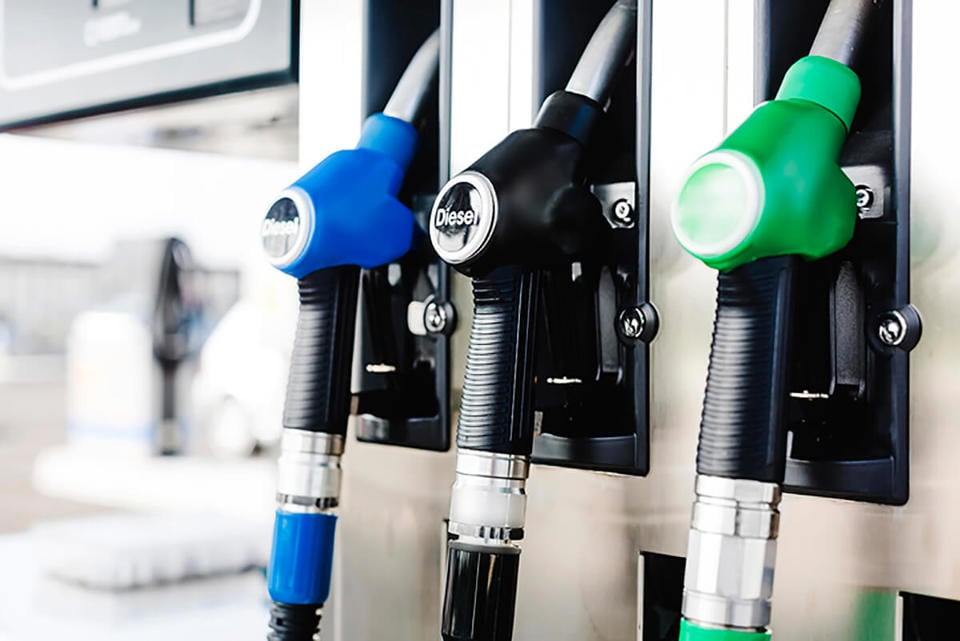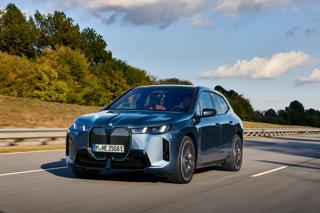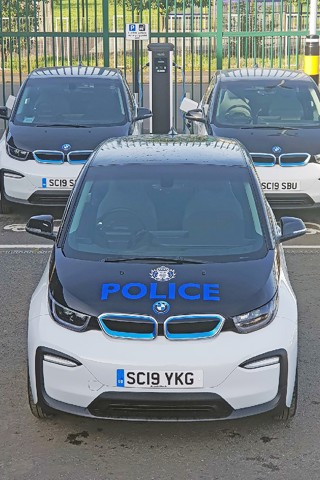Vehicle data from Epyx suggests that 14% of cars and vans operated by fleets are now either hybrid or battery electric vehicles (BEVs).
The figure has been derived from the company’s 1link Service Network platform, used by fleets operating four million vehicles to buy and manage service, maintenance and repair (SMR) from nearly 9,000 franchise dealers, independent garages and fast-fits.
The 14% figure covers a six-month period from April to September of this year and compares to 9% from October 2019 to March 2020, and 5% from April 2019 to September 2019.
Debbie Fox, commercial director at Epyx, said: “Simply because of the sheer quantity of fleet vehicles that use 1link Service Network, we believe that this figure provides a good indication of how electrified UK fleets have become overall.
“It shows that roughly one in seven cars and vans now operated by UK companies is either a hybrid or full electric vehicle, which illustrates how they are becoming an everyday part of transport for businesses.”
Fox highlighted the speed of adoption. “We have gone from 5% at this point last year through to 14% today, no doubt powered largely by both the increased availability of electrified vehicles and the 0% benefit in kind company car taxation rate,” she said.
"Everyone is learning about the real-world operation of these vehicles in real time," Debbie Fox, Epyx
The growing interest in BEVs and plug-in hybrids (PHEVs) is being driven, in part, by new EV-friendly company car tax rates, introduced in April.
Company car drivers choosing a pure EV are benefitting from a zero-percentage benefit-in-kind (BIK) rate this tax year (2020/21). This will rise to 1% the following year and 2% the year after.
Hybrid company cars are sub-divided according to zero-emission driving range. A hybrid achieving less than 30 zero-emission miles, for example, would attract 12% BIK this tax year.
Leasing companies began reporting a surge in interest in plug-in vehicles almost immediately after the new rates were announced in July 2019.
Last month, Tusker reported that more than 45% of all new orders over the previous 30 days had been for pure electric vehicles (EVs).
Fox continued: "We plan to run the same reports every six months and it’ll be fascinating to see where we are in March 2021."
In common with much of the rest of the fleet sector, Fox says that Epyx is developing its understanding about SMR for hybrid and pure EVs.
“The Government’s recent announcement regarding banning the sale of petrol and diesel cars from 2030 has created an immoveable target date for all fleets to get up to speed in this important area, and one that is rapidly approaching,” she said.
“What this means is that everyone is learning about the real-world operation of these vehicles in real time, which is both exciting and challenging.
“We are increasing our knowledge quite quickly but very few fleet EVs have yet gone through a single replacement cycle, so there remains quite a lot to learn.”
Fleet News is asking fleet decision-makers for their views on the diesel and petrol, new car and van ban from 2030.
The quick-fire multiple-choice survey will take no longer than 3 minutes to complete and will give Fleet News a valuable snapshot of the industry’s mood following the Government’s landmark decision.
Ministers had originally announced that restrictions on the sale of new internal combustion engine (ICE) cars and vans would be implemented from 2040.
However, the Prime Minister, Boris Johnson announced last week the ban would be brought forward by 10 years. The Government has also said it will ban the sale of new hybrid cars and vans from 2035.
The Government says it will continue to allow the sale of hybrid cars and vans that can drive a “significant distance with no carbon coming out of the tailpipe” until 2035.
To take the petrol and diesel ban survey, click here.





















Login to comment
Comments
No comments have been made yet.